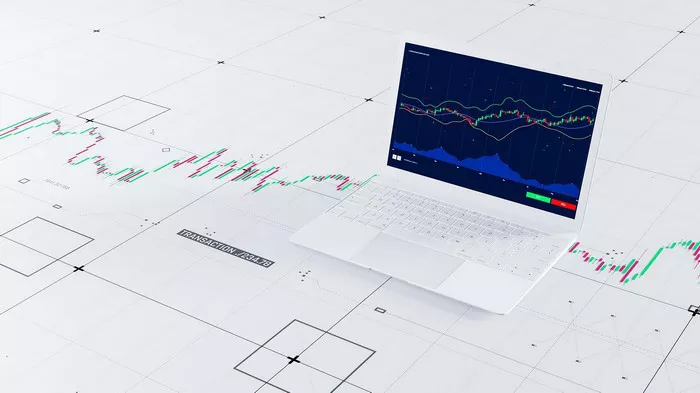Blackstone Group (BX) CEO Steve Schwarzman said Thursday that a “quick resolution” to President Trump’s tariff talks with other countries is critical to keeping the economy “growing.”
Schwarzman, a billionaire Republican donor and one of Trump’s biggest backers on Wall Street during his 2024 campaign, made the comments after his private equity firm reported first-quarter earnings.
He noted that it was “too early” to assess the full impact of the tariffs because that still depends on the outcome of negotiations with other countries. Trump suspended many so-called reciprocal tariffs for 90 days to give more time for trade talks.
“The most important question is how long this period of uncertainty will last and what the subsequent impact will be, both domestically and abroad,” he added. “We believe that a quick resolution is critical to reducing risk and keeping the economy growing.”
Schwarzman also weighed in on the potential impact on Blackstone, which holds a large portfolio of real estate, private companies and other assets.
He said it could have “a potentially material impact on a relatively small number of companies in our portfolio,” but that rising costs and reduced supply are also “good for real estate values” as long as there is no recession.
Schwarzman became the latest Wall Street CEO to weigh in on the economic impact of Trump’s tariffs, which have roiled markets and created new uncertainty about the future of the U.S. economy.
Goldman Sachs (GS) CEO David Solomon said the odds of a recession have “increased somewhat.” JPMorgan Chase (JPM) CEO Jamie Dimon said the economy faces “considerable turbulence” and a recession is a “likely outcome.” Bank of America (BAC) CEO Brian Moynihan said the bank’s research team doesn’t see a recession, but he acknowledged “we may face a transformational economy in the future.”
Schwarzman wasn’t the only Blackstone executive to weigh in on Trump’s tariffs on Thursday.
Blackstone COO Jon Gray, widely seen as Schwarzman’s eventual successor, said the slowdown will lead to higher corporate defaults in certain sectors of the economy, such as retail and manufacturing.
But he added, “Unless the economy slows down much more than we expect, I don’t think it will happen on a large scale.”
On the other hand, Blackstone could also benefit from recent periods of “uncertainty and disruption,” Gray added.
“We have $177 billion of capital. So when there’s disruption in the market … we can do things that go against the market and get outsized returns. When prices go down, you want to be able to get in.”
The firm sold $25.5 billion of investments in the first quarter, $10.5 billion more than a year ago and $400 million less than the previous quarter.
Exits were more modest in the firm’s private equity and real estate divisions, while exits in its credit and insurance divisions increased compared to the last three months of 2024.
Overall distribution earnings rose 11% to $1.4 billion in the first quarter, while quarterly net income fell 27% to $615 million from a year ago.
Blackstone shares rose Thursday morning. Blackstone shares have fallen 24% since the beginning of the year as uncertainty over tariffs has led to a broad pullback in financial stocks.
Gray added: “The sooner tariff diplomacy works, the better it will be for the economy and the markets.”

































